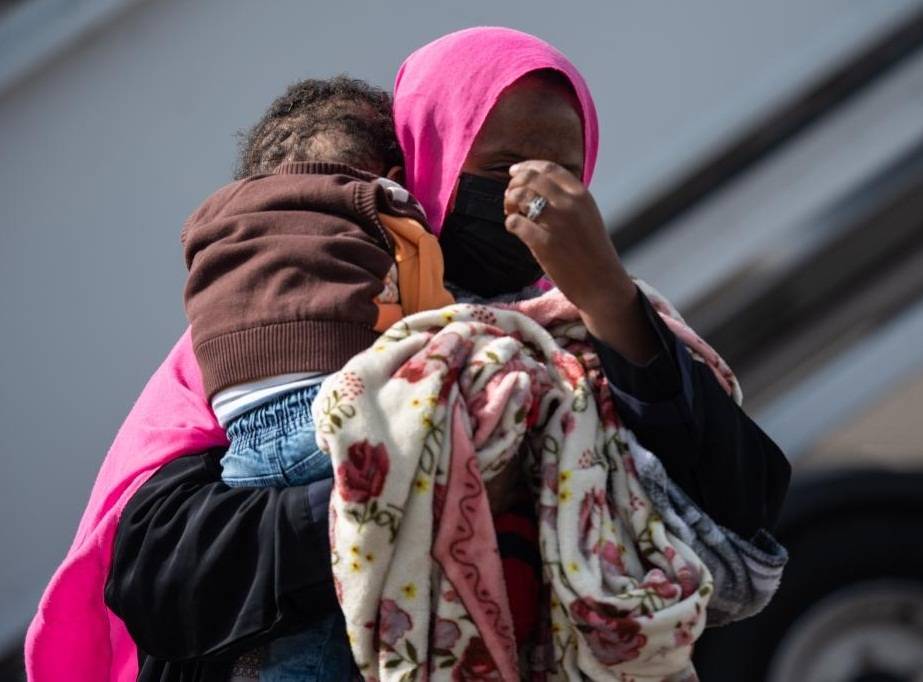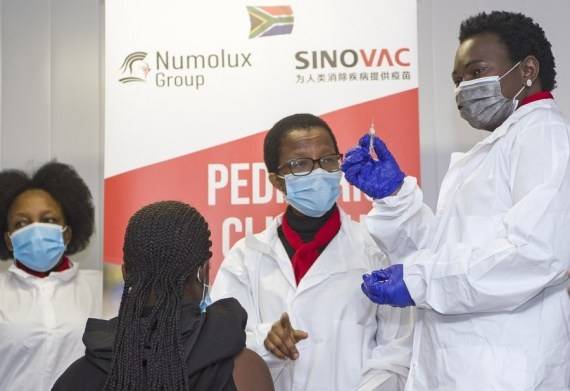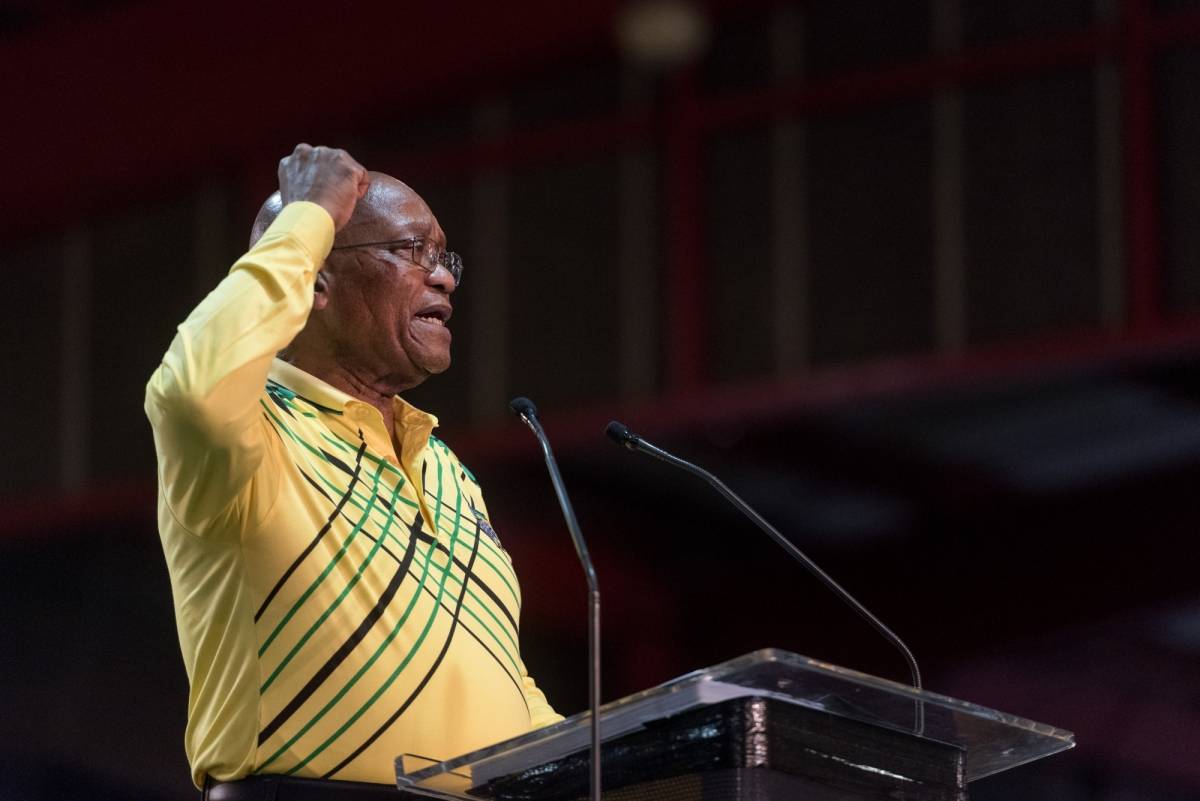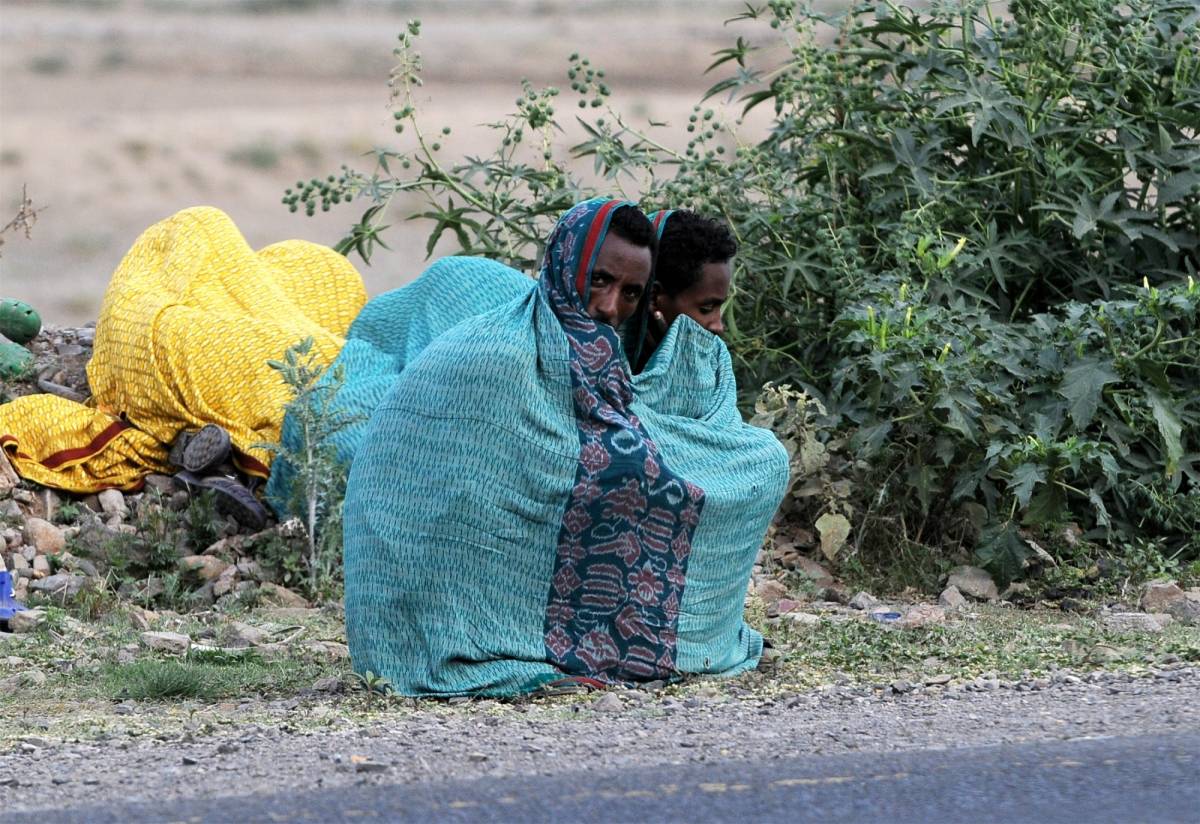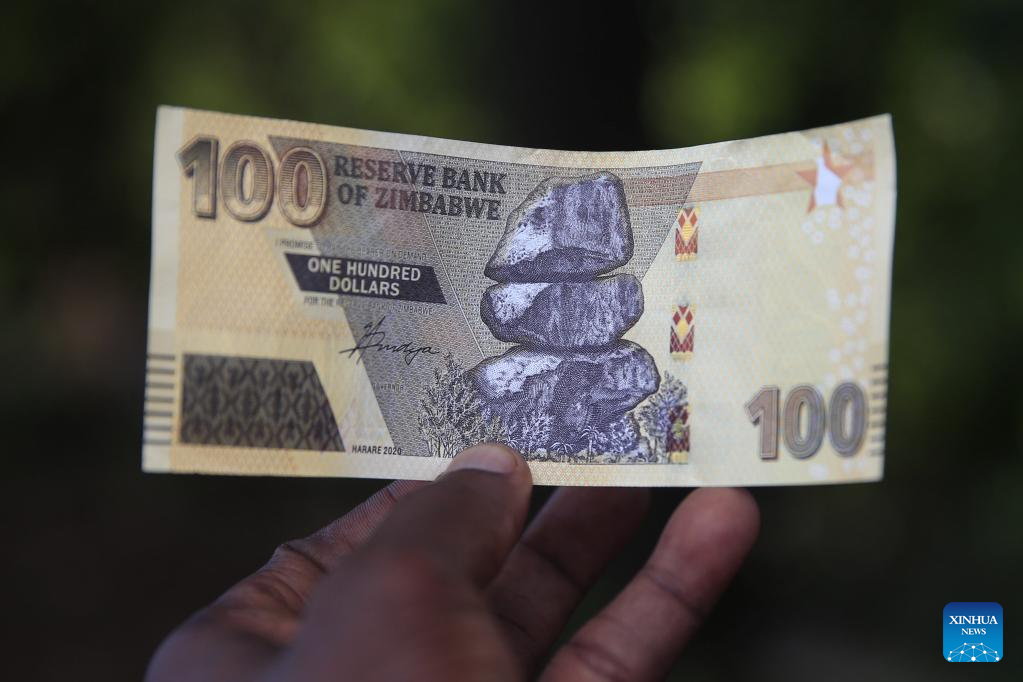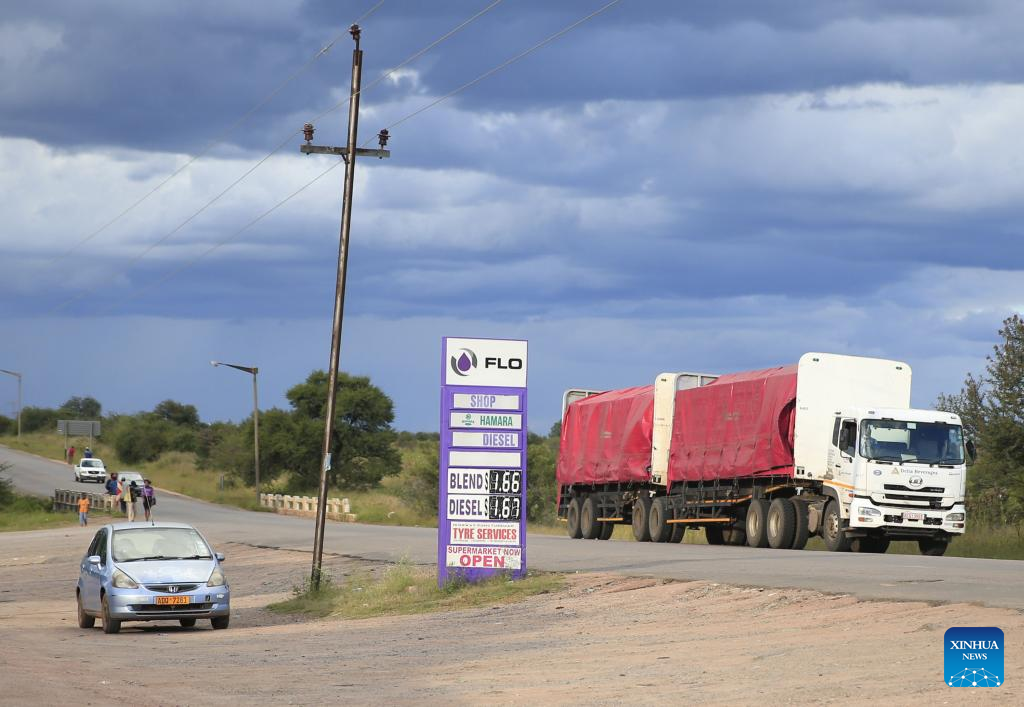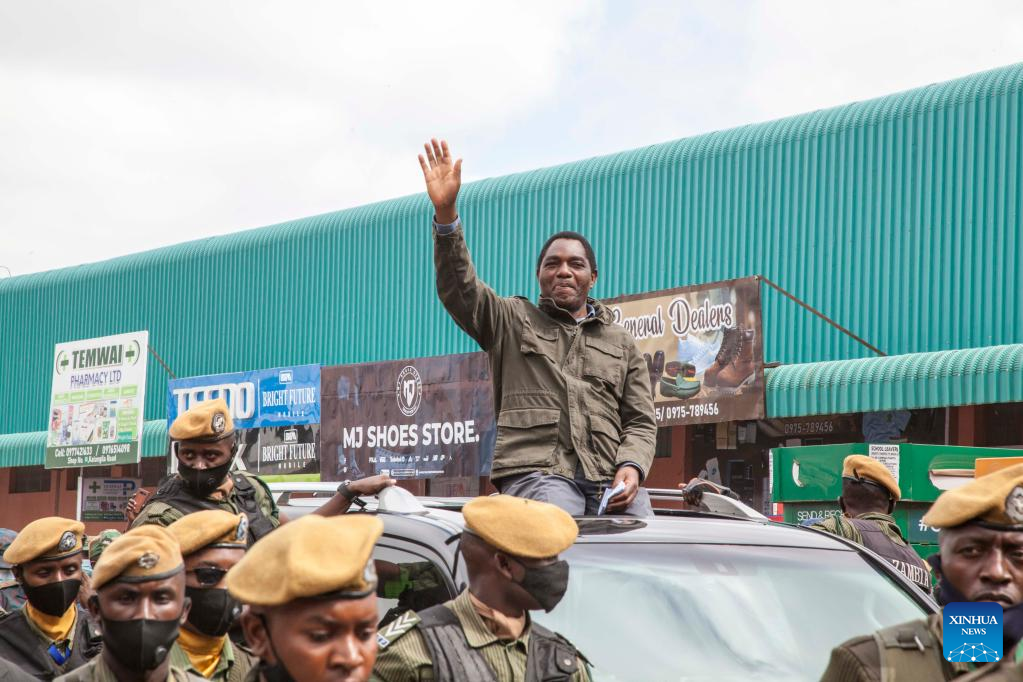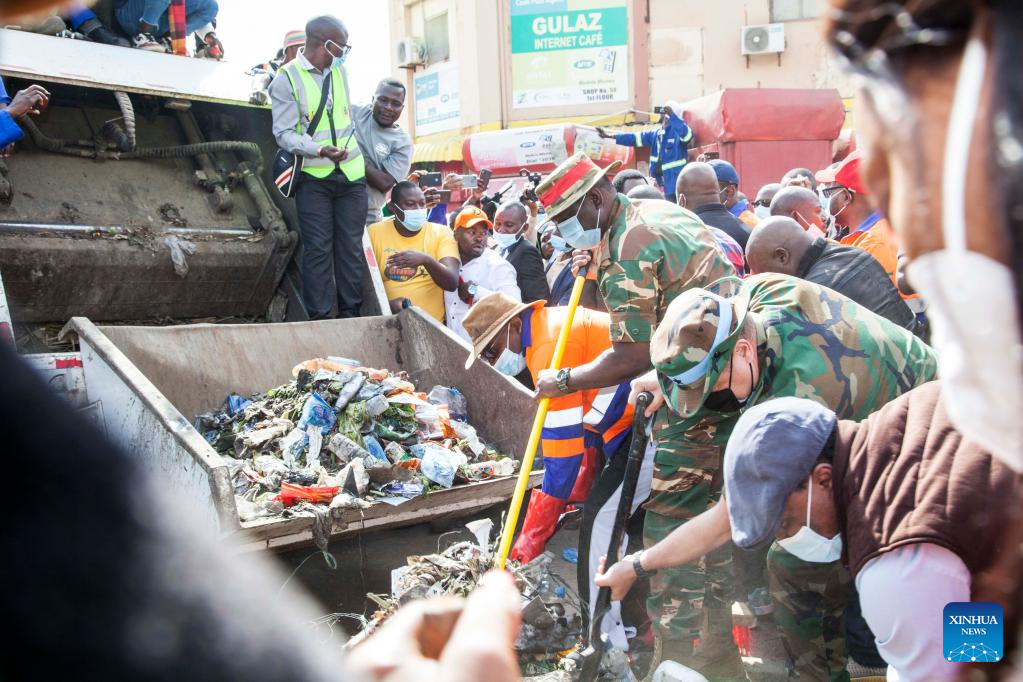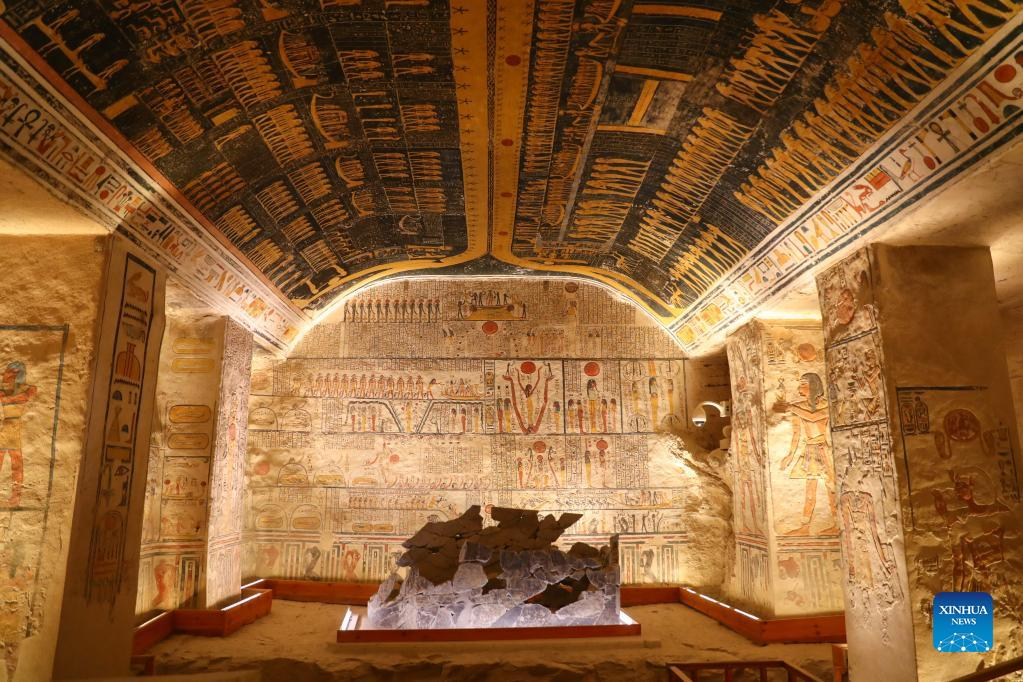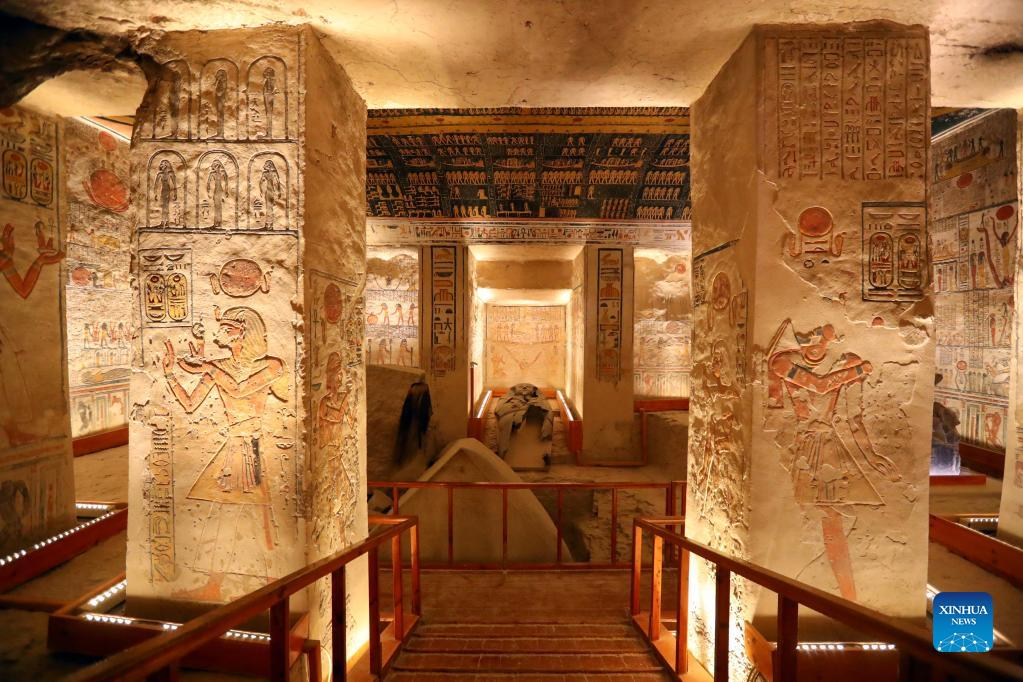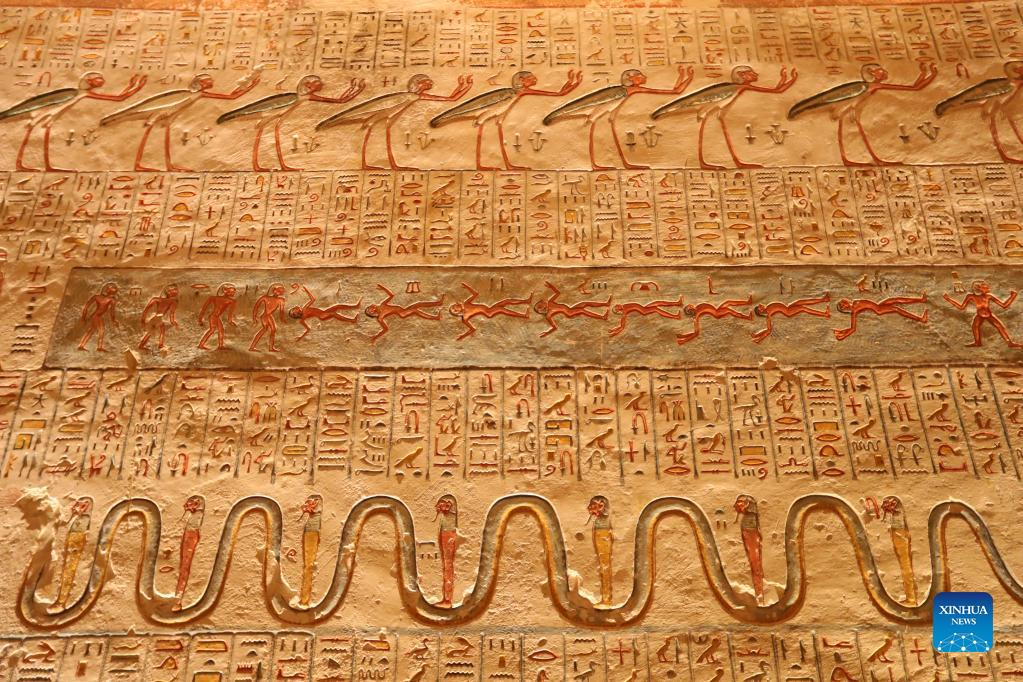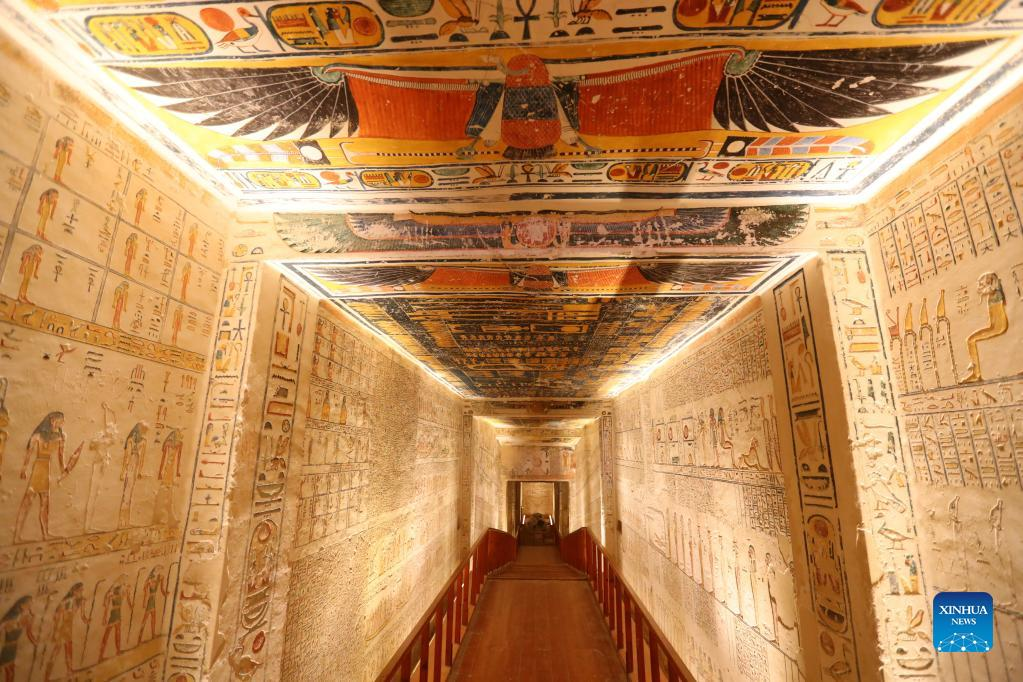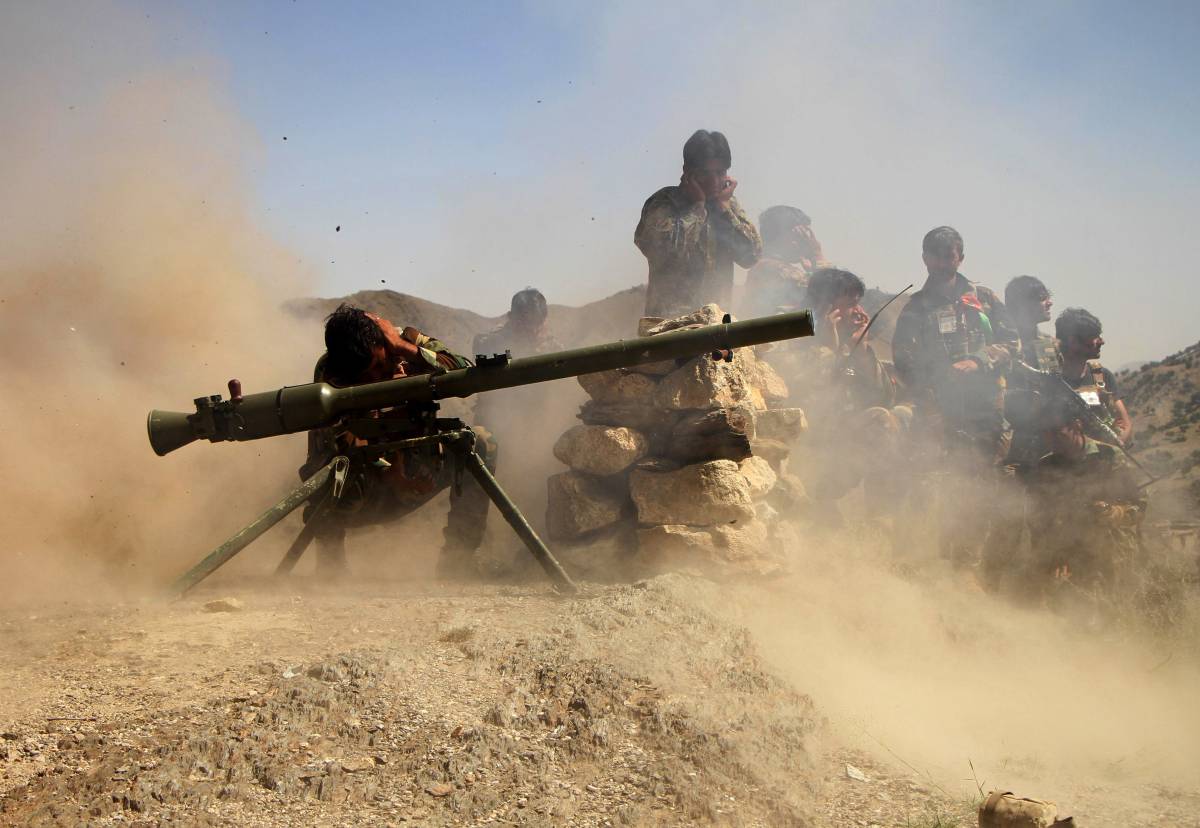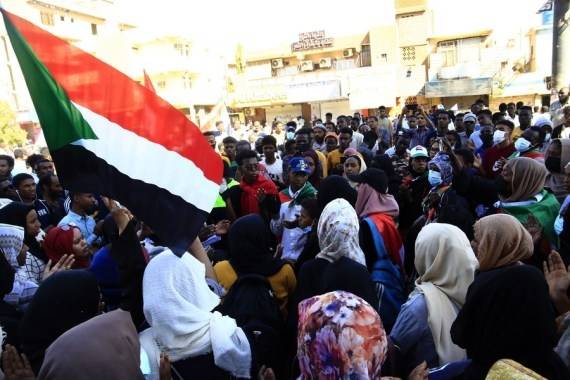With inflation hovering at 72 percent for the month of March, prices have been rising. As a result, supermarkets are now forced to frequently adjust their pricing in the local currency… writes Tafara Mugwara
The last week of the month is always a struggle for Natsai Bwanali as her shopkeeper’s meager earnings can barely keep up with her monthly expenses.
To add insult to injury, the 33-year-old single mother’s paltry salary is further eroded by inflation, making it challenging for her to take care of her two young children.
“It’s like you are trapped in an endless tunnel,” Bwanali told Xinhua. “At first we had to cut expenses but there isn’t room anymore.”
“Now I have to rely on borrowing. Month-end you repay debts, pay rent and buy food with the little that’s left and the cycle starts again,” she said.
Her dire situation mirrors the reality of many Zimbabwean families who are trapped in an endless cycle of poverty. Even white-collar jobs, once the envy of many, are not an exception.
According to the World Bank, extreme poverty in Zimbabwe worsened due to the COVID-19 pandemic, reaching 49 percent in 2020. With inflation hovering at 72 percent for the month of March, prices have been rising. As a result, supermarkets are now forced to frequently adjust their pricing in the local currency.
Last week the price of bread rose by 30 percent following an increase in the price of flour.
“We just see it (bread) from shelves. My children can only smell it from the neighbors,” laments Bwanali.
The Zimbabwe Congress of Trade Unions (ZCTU), the primary trade union federation in Zimbabwe, recently raised concern over the price hikes on necessities.
“The bread price will hit hard workers who are already on their knees after recent other price hikes on foodstuffs,” the union said on its official Twitter.
On Monday, the government announced another increase in fuel prices, a development that is likely to result in hike in prices.
To cope with the inflation, last week the central bank released a new 100-dollar note. Despite being the largest note in circulation, the new note is equivalent to about 60 U.S. cents using parallel market rates which currently stand at 1 U.S. dollar per 300 Zimbabwean dollars against the official exchange rate of 150 Zimbabwean dollars per 1 U.S. dollar.
The persisting currency volatility brings back memories of the economic crisis of 2008 when Zimbabwe’s inflation reached historical levels of 500 billion percent, rendering the local currency worthless.
The country then adopted a basket of currencies to bring stability to the economy. In 2017, the government reintroduced the local dollar, which has been in use alongside the U.S. dollar.
However, the local currency has been rapidly devaluing, resulting in many business owners pegging their products to the greenback.
Many people are now reluctant to use the local currency since some businesses give massive discounts to those using the U.S. dollar.
Last year, the government gazetted regulations to compel businesses to peg their prices in line with the official exchange rate and threatened to penalize those failing to adhere to that directive. However, the measures have not yielded much in bringing currency stability, as the parallel market continues to determine the pricing of goods.
Recently the government has been tightening the screws on financial institutions in the country by closing several monetary companies and suspending one bank in an effort to punish businesses accused of undermining the local currency.
In response to the currency volatility, workers across sectors are increasingly demanding to be paid in foreign currency. In February authorities suspended striking teachers for three months without pay after they declared incapacitation due to currency volatility.
ALSO READ: Growing concerns over China’s indiscriminate mining in Zimbabwe
The Zimbabwe Diamond and Allied Minerals Workers Union (ZDAMWU) is demanding at least 600 U.S. dollars per month for mine workers.
In February the Zimbabwe Banks and Allied Workers Union (ZIBAWU) threatened a job action, as they escalated demands for U.S. dollar indexed salaries. With the local dollar facing rejection, some political leaders are now calling for the ban of the U.S. dollar in local transactions.
However, in a statement last week, the Confederation of Zimbabwe Industries (CZI), the country’s largest industry lobby group, said a balanced approach should be taken to bring back the local dollar from the brink of rejection that it faces.
“We must also, by all means, avoid the rushed decision to prematurely introduce a mono-currency as consequences of such are known from the past,” reads part of the statement

